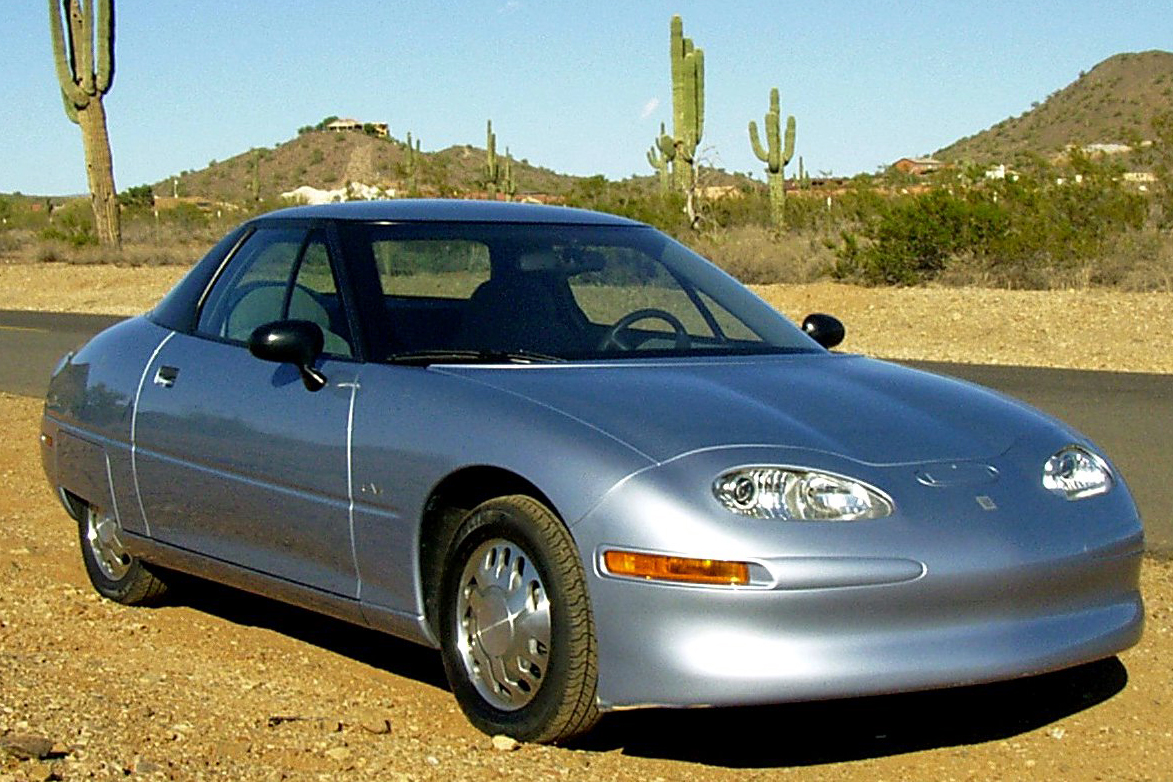Originally posted by Hulk
How can you honestly write a statement like this?
I mean -- wow.
Mark, I have a LIFETIME of experience covering topics involving engineers, biologists, physicians, etc.
They not only ARGUE over what constitutes "truth" -- they really bash each other in a never-ending game that usually revolves around competition to get the most grant funding or competition to be considered the "expert" in the field or they may be used as "hired guns" by various private interests.
Look at court cases.
I've covered literally dozens of trials.
The juries are exposed to a huge number of so-called "experts" with contrasting viewpoints.
The defense attorneys present their expert witnesses.
The prosecuting attorneys present their expert witnesses.
In both cases, they claim to use SCIENCE to support their expert opinions, which contradict each other.
Here in the Pacific Northwest, we have many scientists who argue that our salmon runs are destroyed primarily due to the presence of human-engineered dams.
Yet, those who oppose tearing the dams down have their own scientists who argue that the salmon runs have been degraded by other causes.
And they fight each other.
And nothing gets done.
And the salmon are now almost gone.
Before we even get to the point you made about the individual from MIT, let's agree that scientists often don't agree.
In fact, they often flatly contradict each other.
Can we at least agree on that point?
Jerry Jones











Comment